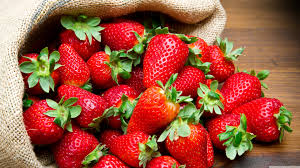Cephalopods are marine
Organisms highly characterizes by its Rapid growth rate and due to the
influence in the environmental changes. Cephalopods are considered as an
alternative to fish to due to the abundance fish stock in the marine waters and
is considered more diverse. Cephalopods are considered as a rich source of
Nutrition, and known to withstand temperature changes. The global population
changes of cephalopods increased due to the diminishing populations of fish
predators. Cephalopods usually live for only 2-3 years growing for about 18
meters long. Thus, cephalopds are extremely efficient at converting food into
muscle, which means they can give with the healthy proteins to food for human
consumption. However, the complex thing is that they are very difficult to
breed in aquaculture because young cephalopods require a very special and
expensive food.
The growth in the population
applies to all species including those you can eat. Cephalopods are filled with
healthy nutrients like omega-3 fatty acids, proteins, minerals, and also a
number of micronutrients, making them an obvious future food resource, we will
eat cephalopods in the future and that gastronomical science together can surely
pave way by creating dishes that are both healthy and tasty. Presently we are
faced with finding alternative food sources, but it is difficult to get people
to eat something they do not like. That is why taste comes first. Believing that
cephalopods will become a widespread food around the world if we can succeed in
making dishes with cephalopods taste so good that there will also be a commercial
market for them. We eat cephalopods
because of the taste experience. cephalopods are considered
to a traditional part of the food cultures in many parts of the world, there
are only a few professional chefs and gastronomic dealers who have been
interested in raising them up.


















